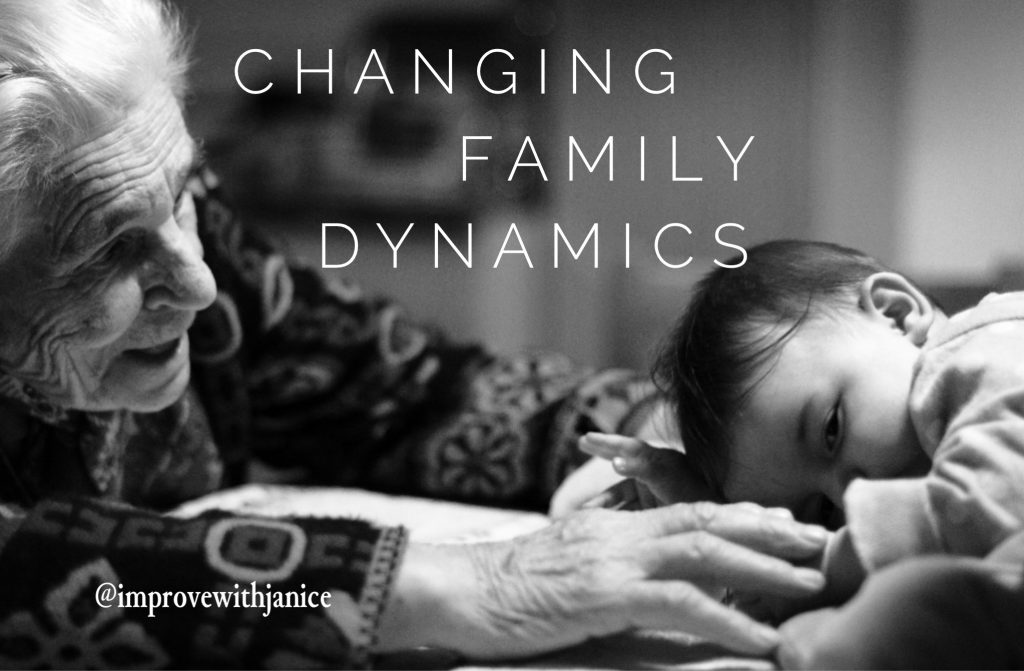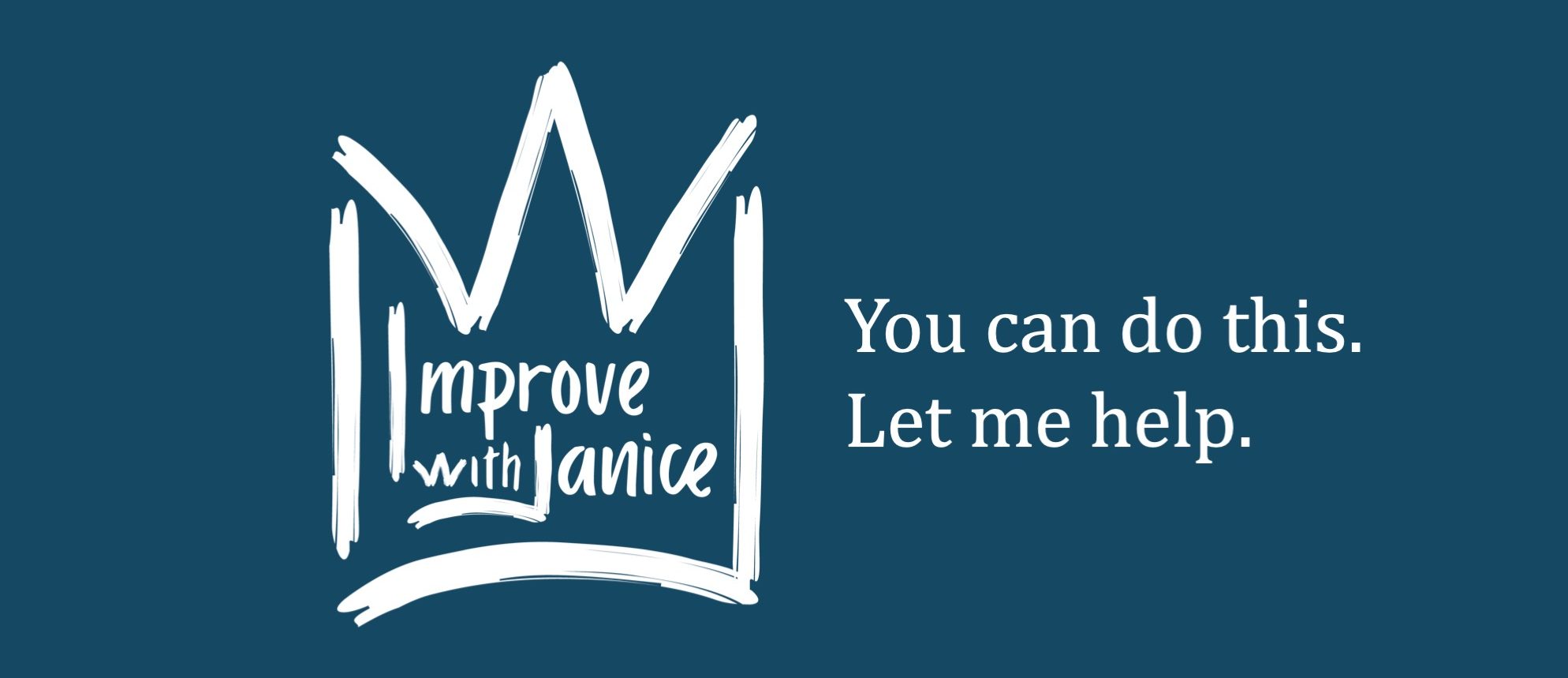Changing Family Dynamics
03/20/2022
Family dynamics are complex. When there are changes to these dynamics, this is further complicated especially when they are emotionally charged. Changes can be met with emotions that are positive, negative, or heightened depending on the subject matter. Not everyone will welcome change with the same level of receptiveness or adjust on the same timeline.
When a change occurs that is most commonly seen as positive, like welcoming a new family member, the shift in family dynamics is usually more accepted because it is desired. With a new child, time expectations and availability will likely shift, but you might be more willing to deal with some lack of sleep or limited social calendars to experience the joys of parenting. No longer able to drive 8 hours for a family reunion? There might be opinions and feeling from both sides with varying levels of understanding.
If changing dynamics have undertones of struggle, grief, or sadness, acceptance and understanding may be overshadowed by other powerful emotions. Without realizing it, we may become even more rigid and inflexible as we try to cling to the “before times” rather than allow for a “new normal.” Paired with varying methods of coping—some more helpful than others—it’s important to prioritize mental health and demonstrate love and understanding for those around you while you demand the same for yourself.
Other changes worth mentioning that can impact family dynamics are related to beliefs systems. When there are strongly differing views on religious, political or social issues, tensions can mount if discussions are approached improperly. While many know to avoid taboo topics during polite conversations, the rules are different among familial relationships. It is important to have a space to discuss things like gender identity and sexual orientation openly. We *should* be able to talk among family when healthy efforts are in place to make possibly uncomfortable conversations better.
If someone is being challenging in an unreasonable way, be sure to minimize communication errors when possible and consider whether having a tough conversation is ideal rather than avoiding the conversation.
